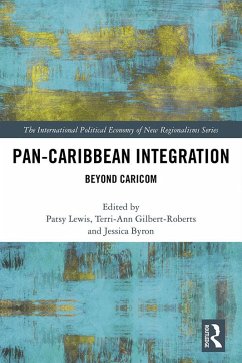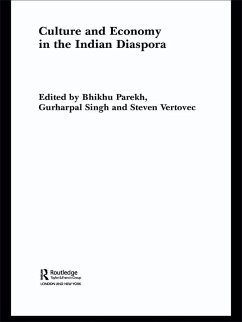
The Media of Diaspora (eBook, PDF)
Mapping the Globe
Redaktion: Karim, Karim H.
Versandkostenfrei!
Sofort per Download lieferbar
45,95 €
inkl. MwSt.
Weitere Ausgaben:

PAYBACK Punkte
23 °P sammeln!
The Media of Diaspora examines how diasporic communities have used new communications media to maintain and develop community ties on a local and transnational level. This collection of essays from a wide range of different diasporic contexts is a unique contribution to the field.
Dieser Download kann aus rechtlichen Gründen nur mit Rechnungsadresse in A, B, BG, CY, CZ, D, DK, EW, E, FIN, F, GR, HR, H, IRL, I, LT, L, LR, M, NL, PL, P, R, S, SLO, SK ausgeliefert werden.













